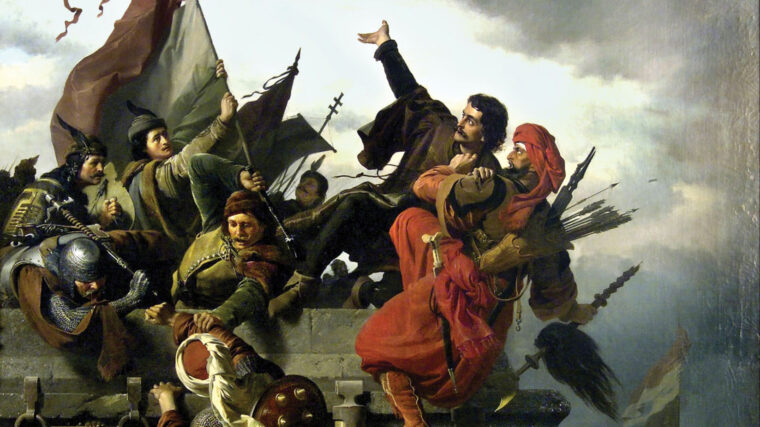
Ottoman Empire
Hungary’s National Hero
By Ludwig Heinrich DyckJanos Hunyadi, Hungary’s national hero, was one of the great captains in the war between Europe and the Ottoman Turks. Read more

Ottoman Empire
Janos Hunyadi, Hungary’s national hero, was one of the great captains in the war between Europe and the Ottoman Turks. Read more
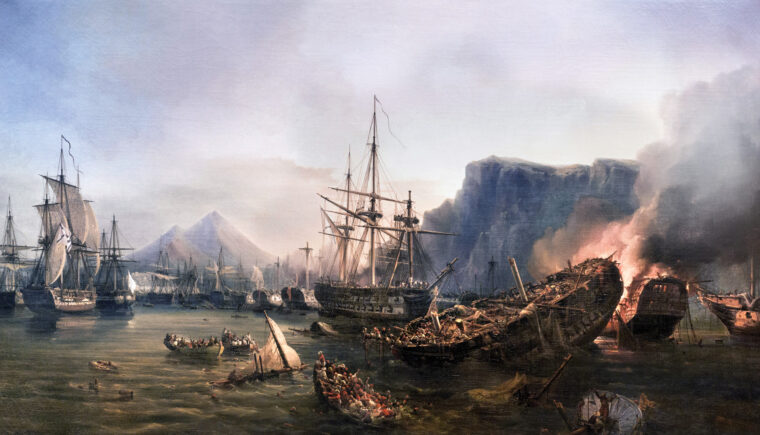
Ottoman Empire
At 2 PM on October 20, 1827, Allied squadrons sailed into the Bay of Navarino on the west coast of the Peloponnese peninsula. Read more
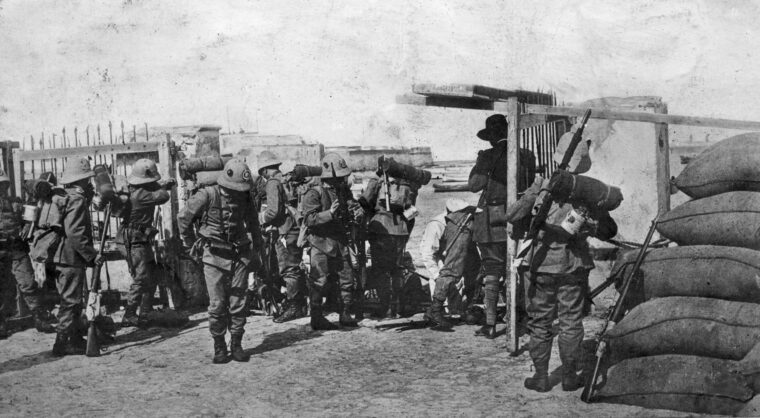
Ottoman Empire
The Italian sailors sang “Tripoli Will Be Italian” at the rumble of the cannon as ships of the Italian naval squadron left port and sailed south to the shores of North Africa in late September 1911. Read more
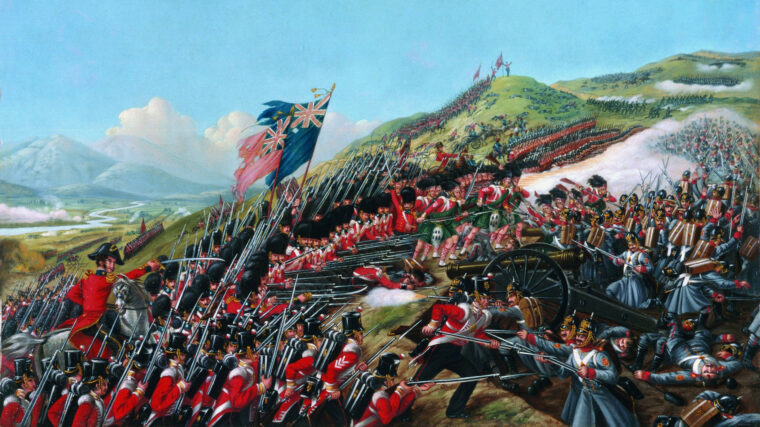
Ottoman Empire
On the morning of September 14, 1854, an Anglo-French fleet arrived off the coast of the Crimean Peninsula in the Black Sea. Read more
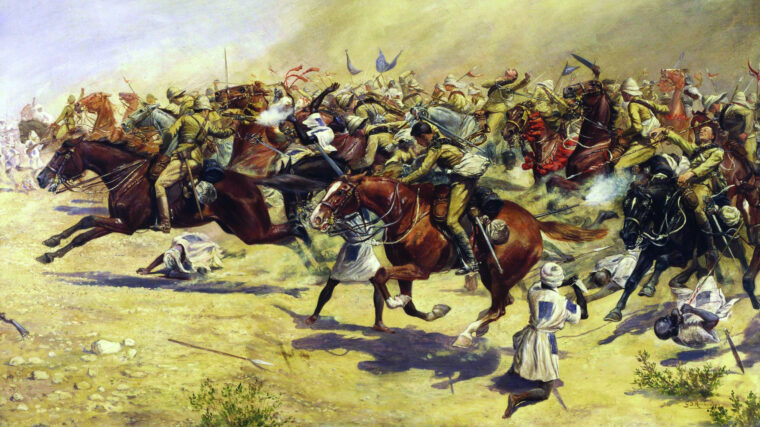
Ottoman Empire
It was the morning of September 1, 1898, the day before the Battle of Omdurman. Lieutenant Winston Churchill of the Queen’s 4th Hussars rode out with four squadrons of the 21st Lancers to scout the approaches to Omdurman, a Sudanese village on the west bank of the Nile opposite Khartoum, epicenter of a revolt that had rocked the very foundations of the British Empire. Read more
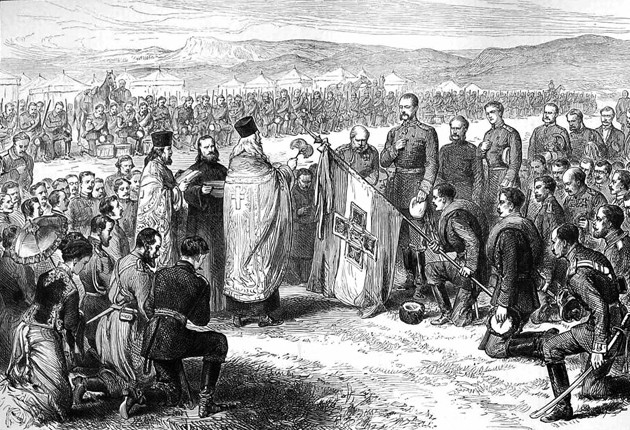
Ottoman Empire
Anticipating the inevitable war with the Ottoman Empire, the Russian government approved creation of a military formation recruited from native Bulgarian volunteers. Read more
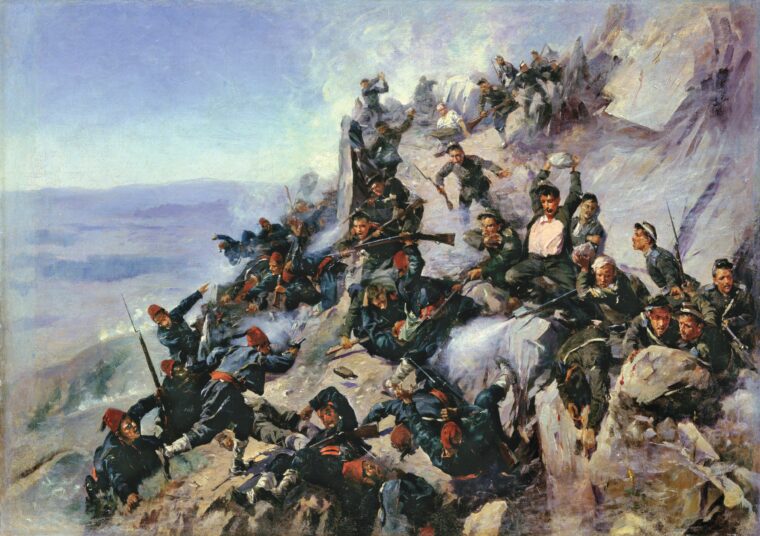
Ottoman Empire
In the summer of 1875, the Christian Slavic populations of Bosnia and Herzegovina rose up in rebellion against their Muslim Ottoman Turkish rulers in response to high taxes and depredations by the local Turkish administration. Read more
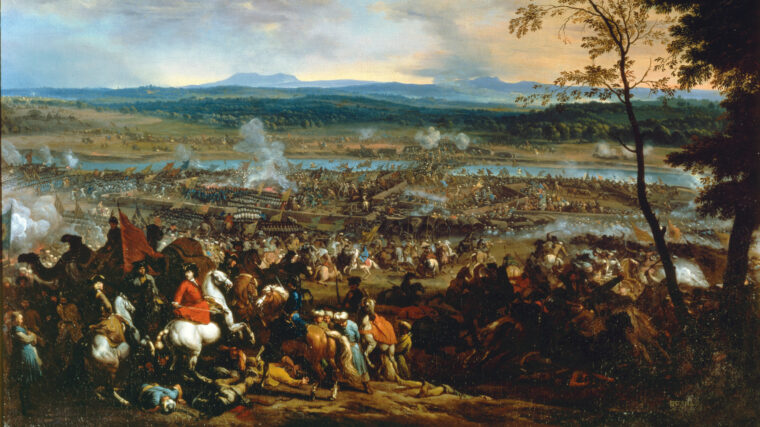
Ottoman Empire
Peering out over the horizon, Austrian commander Prince Eugene of Savoy could see an army of Turks, the dreaded masters of southeastern Europe for the past three centuries, crossing the Tisza River near the town of Zenta on their way to pillage Transylvania. Read more
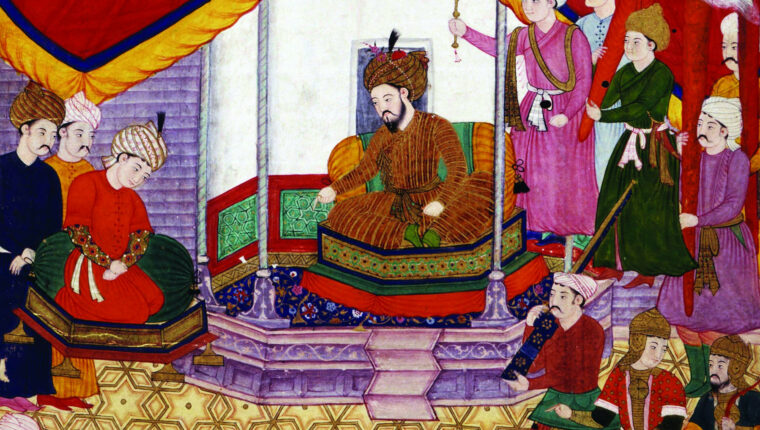
Ottoman Empire
In the early 15th century, the strongest military powers in the world resided in Asia. Arguably, no two were more powerful than the Ottoman Empire of Bayezid I and the Tartar Empire of Tamerlane (Timur the Lame). Read more

Ottoman Empire
When armed hostilities flared up between the Russian and Ottoman Empires in 1853 over control of holy places in Turkish-ruled Jerusalem, Great Britain was quick to throw its weight behind the Ottomans. Read more

Ottoman Empire
The kapu kulu, made up of the regularly paid troops, provided the backbone of the Ottoman Empire army. Read more
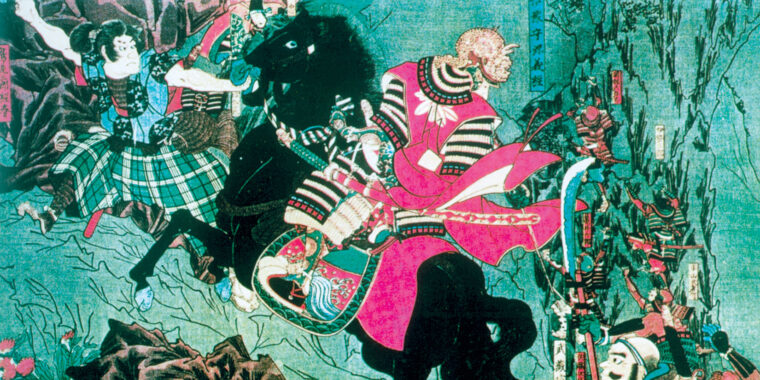
Ottoman Empire
In the eyes of the West, the Japanese samurai warrior has traditionally been associated with the long sword that bears his name. Read more
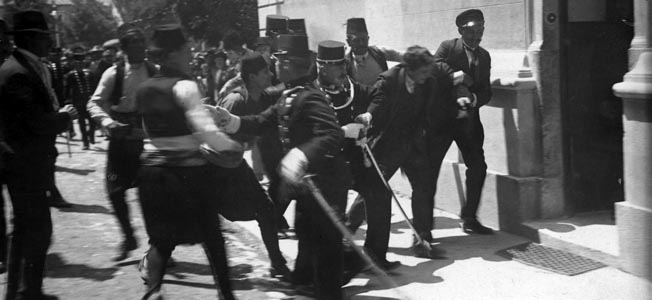
Ottoman Empire
The emergence of Germany as the dominant power in Central Europe in the 1870s and the unification of Italy in the mid-19th century despite Austrian efforts to prevent it combined to quell the immediate territorial aspirations of the dual monarchy of Austria-Hungary on the Italian peninsula and in the Balkans. Read more
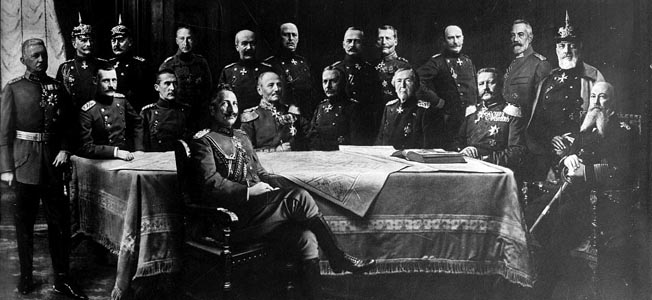
Ottoman Empire
When Kaiser Wilhelm II acceded to the throne of the German Empire in 1888, the young nation was already an economic and military force with which to be reckoned on the European continent. Read more
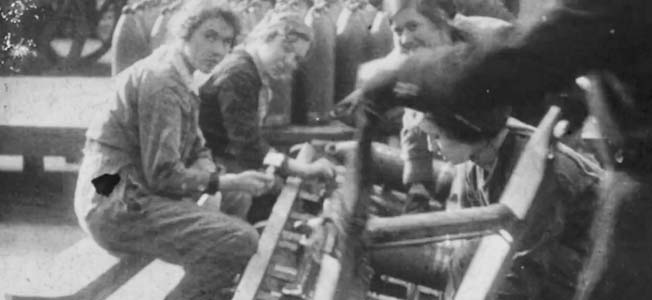
Ottoman Empire
On June 28, 1914, Archduke Franz Ferdinand of Austria-Hungary and his wife, Sophie, Duchess of Hohenberg, visited the city of Sarajevo and were assassinated by Gavrilo Princip, a 20-year-old Yugoslav nationalist. Read more
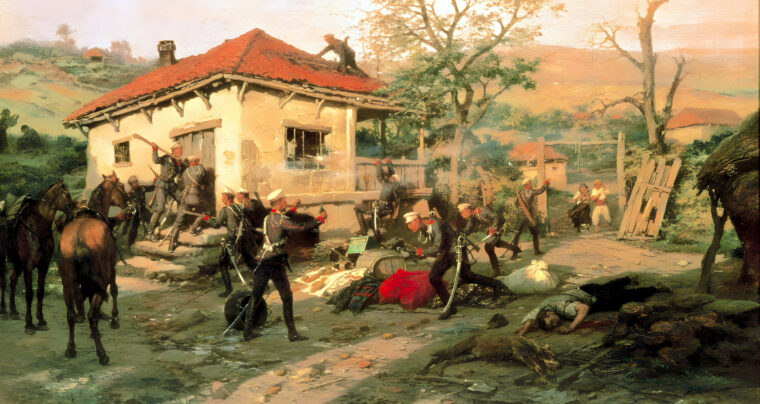
Ottoman Empire
By the late 1870s, Turkey, the so-called “Sick Man of Europe,” was in terminal decline. While Sultan Abdul Hamid sequestered himself in his palatial compound through paranoid fear of an assassination, the Ottoman Empire was tearing itself apart. Read more